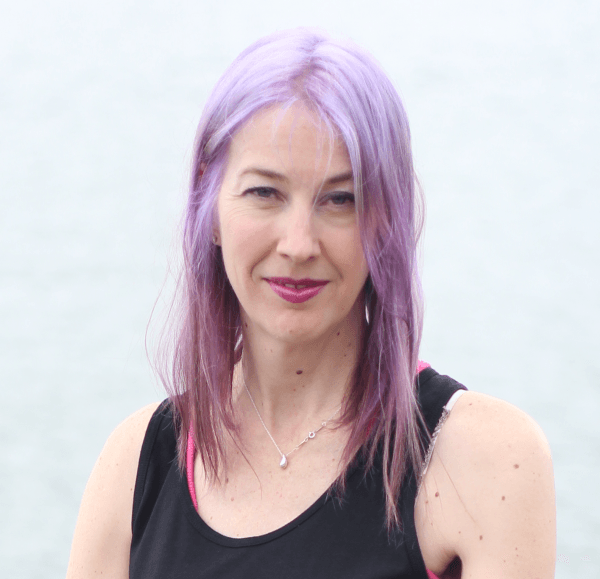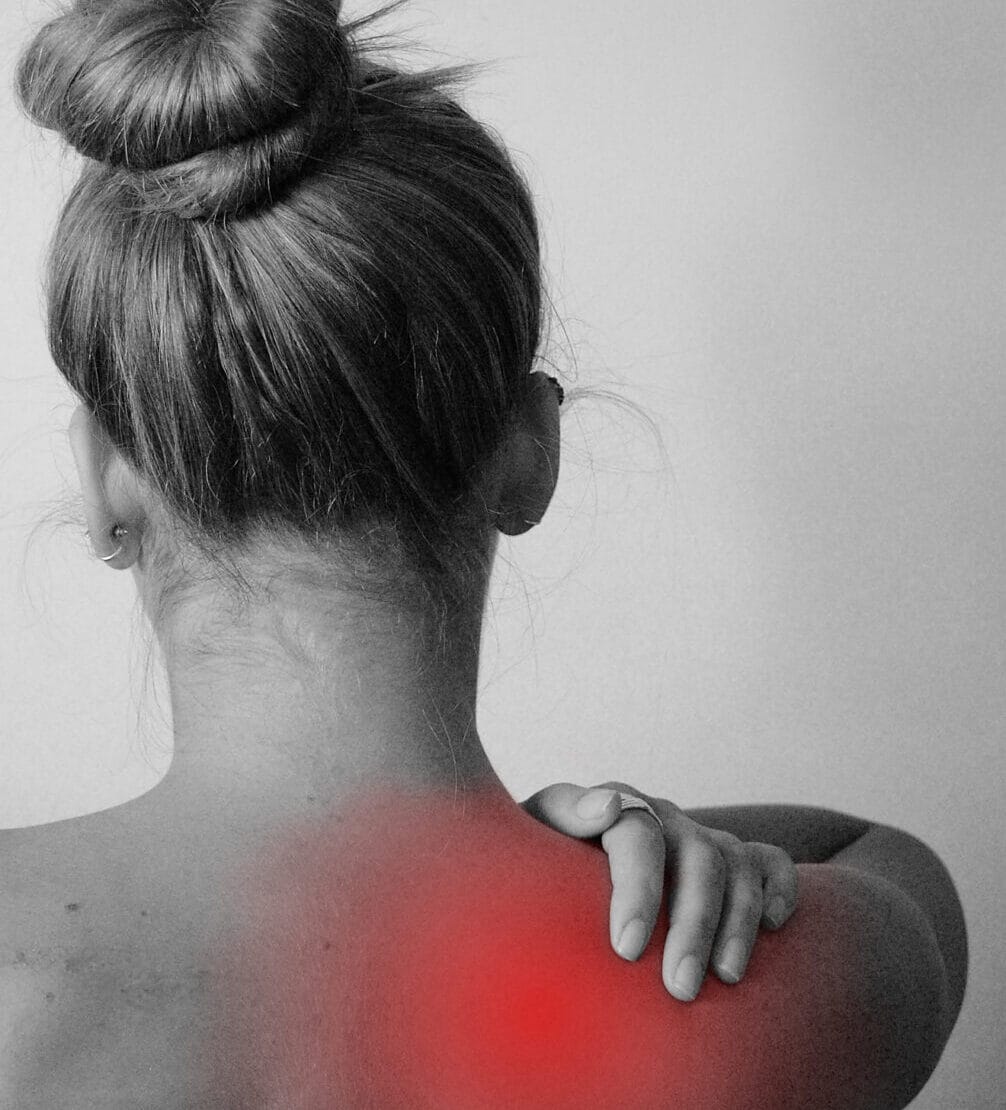
Teri Thorson, SCI BC’s Manager of Peer Coaching and Outreach, was curious whether other women with SCI shared her struggles. As it turns out, she wasn’t alone.
“The idea [for the Global Women with SCI Movement] started from going to international conferences and really realizing there was not a lot of women-specific research. When speaking to other women with SCI, there wasn’t anything addressing our unique challenges, specifically around accessing healthcare,” says Thorson.
In January 2024, the Global Women with SCI Movement launched, bringing together women with SCI from Canada, the U.S., the U.K., Nigeria, and Uganda. The goal is to, “create a global understanding and awareness of the diverse experiences faced by women with SCI, fostering a world that acknowledges, empathizes with, and leverages these experiences to advance peer, medical, and scientific knowledge.”
Their first step? An online survey to understand how women with SCI around the world experience healthcare. To date, 77 women from nine countries have shared their insights. Thorson says, “The biggest takeaway was that it didn’t really matter where you lived, all the issues were still the same.” Here’s what they found:

Experiences of Women with SCI
Women with SCI reported gaps in healthcare and the need for advocacy and resilience. One U.S. woman shares, “I feel like an outsider, especially as the only mom in a wheelchair in my community.”
In rehabilitation, women with SCI often deal with isolation, lack of peer support, and inadequate care that dismisses their identity. Financial and structural barriers only compound these effects. A woman from the U.K. recalls, “Initially I was sent home with care in the community [and] very poor support from inexperienced professionals’ knowledge. No advice given on what life will be and the effect on sexual function or mental health.” Fortunately, some women have healthcare providers who make an effort to connect. A Canadian woman says, “I was lucky enough to have a few women near my age and ability level to share experiences with [and] to have a female physiatrist… who could relate to my experiences as a woman.”
What Women with SCI Want Others to Know
Women with SCI are clear they want to be seen as individuals with rich identities. “We are women with [an] SCI and not spinal cord injured women. See the woman in me before you see the SCI and not the other way around,” says a Swedish woman.
Intimacy and relationships also matter. “My value as a sensual woman extends far beyond my ability to use and feel my genitals. It is about my ability to connect physically, emotionally, spiritually, and intellectually with my partner,” shares a South African woman.
Positive Healthcare Experiences
Compassionate, patient-centred care makes all the difference. One woman from South Africa remembers, “In rehab after my brace with the halo around my head was removed, they prepared a bubble bath with candles for me… I will never forget it!” Further, a woman from Canada says, “My family doctor found me a gynecologist with an accessible exam table.” When healthcare providers prioritize accessibility and empathy, it empowers women with SCI.
Negative Healthcare Experiences
Sadly, many women with SCI feel dismissed and their women-specific health needs go unaddressed. A Canadian woman shares, “Dealing with a breast cancer diagnosis, I felt that my quality of life was questioned, and I did not get the same amount of aftercare that other women did.”
Women with SCI frequently face systemic barriers and must self-advocate for basic care. “I was turned away from appointments because I didn’t have someone to assist on an inaccessible exam table,” says one U.S. woman. A Nigerian woman describes healthcare providers using “gendered language, referring to me as ‘sweetie’ and ‘honey’, which felt condescending and unprofessional.” What’s more, many women face incorrect assumptions about motherhood and disability. One U.S. woman recalls, “Many nurses look surprised when they find out I am a mother since I’m in a wheelchair.”
So, what’s next for the Global Women with SCI Movement? Thorson says the group will focus on employment, exploring what services are available and what women with SCI are doing in the workforce across the world.
If you want to share your experiences, take the survey at sci-bc.ca/globalsciwomen. For more information, contact Teri Thorson at tthorson@sci-bc.ca.
This article was originally published in the Spring 2025 issue of The Spin. Read more stories from this issue, including:
- Breastfeeding
- Disability worker rights
- Next gen clinical trials
And more!





